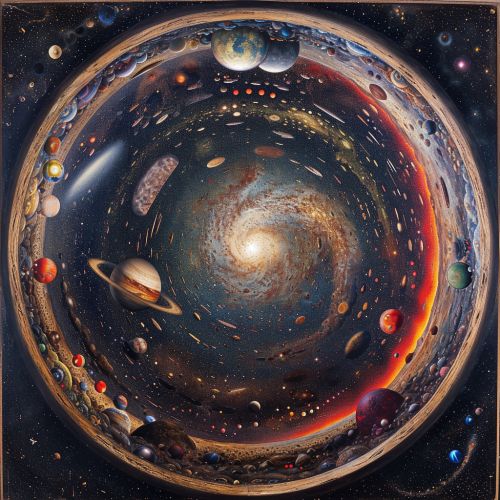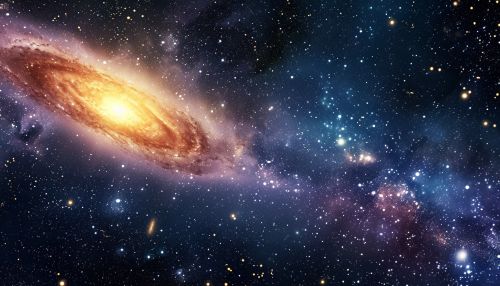Deism
Overview
Deism is a philosophical and religious stance that posits that a supreme being (often referred to as a "God") exists, but does not intervene in the world or human affairs. This belief system emerged during the Age of Enlightenment, a period of intellectual and philosophical development in the 17th and 18th centuries. Deism is often contrasted with theism, which holds that God is both existent and actively involved in the world.
Historical Development
The roots of deism extend back to ancient times, but the term itself was first used in the 17th century. The philosophy gained traction during the Age of Enlightenment, particularly in Europe and North America. Enlightenment thinkers such as Voltaire and Thomas Paine were known deists, advocating for reason and intellectual inquiry over religious dogma and divine revelation.
Beliefs and Principles
Deists believe in the existence of a supreme being or God, but reject the notion of divine intervention. This belief is often based on the argument from design, which posits that the complexity and orderliness of the universe suggest a designer. However, deists contend that after creating the universe, this supreme being ceased to intervene or interact with it.
Deism and Other Philosophies
Deism is often contrasted with other philosophical and religious beliefs. Theism, for instance, posits an active God who intervenes in the world, while atheism denies the existence of a God altogether. Agnosticism, on the other hand, holds that the existence of a God is unknowable.
Criticism and Controversy
Deism has been subject to various criticisms and controversies. Some critics argue that deism's non-interventionist God is inconsistent with the concept of a benevolent and caring deity. Others contend that deism fails to provide a satisfactory explanation for the existence of evil and suffering in the world.
Influence and Legacy
Despite these criticisms, deism has had a significant influence on various aspects of society and culture. It has shaped the development of modern science, contributed to the secularization of society, and influenced the drafting of the United States Constitution.
See Also


